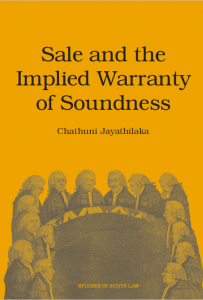By Prof Judy Laing, Professor of Mental Health law, Rights and Policy (University of Bristol Law School)
As the general election approaches and you consider whether to use your vote, spare a thought for the thousands of people who are detained in psychiatric hospitals or living in residential care/nursing homes, and who may not even realise that they are entitled to vote, or be given the opportunity to do so.
Government statistics suggest that there were 21,439 people reported as being subject to compulsory detention under the Mental Health Act 1983 on 31st March 2018, and over three quarters of these people were being detained in hospital in England.[1] The majority of these detained patients have the same right to vote as the general population, but they are one of the most disenfranchised groups in society. Surveys have found that psychiatric in-patient uptake and knowledge of voting rights is generally poor. For example, a study on the general election in 2010 found that eligible psychiatric in-patients were half as likely to register as the general population; half as likely to vote if registered, and patients who had been in hospital for longer periods were particularly affected.[2] Moreover, research also suggests that knowledge of patients’ voting rights amongst mental health professionals could be improved.[3] (more…)

